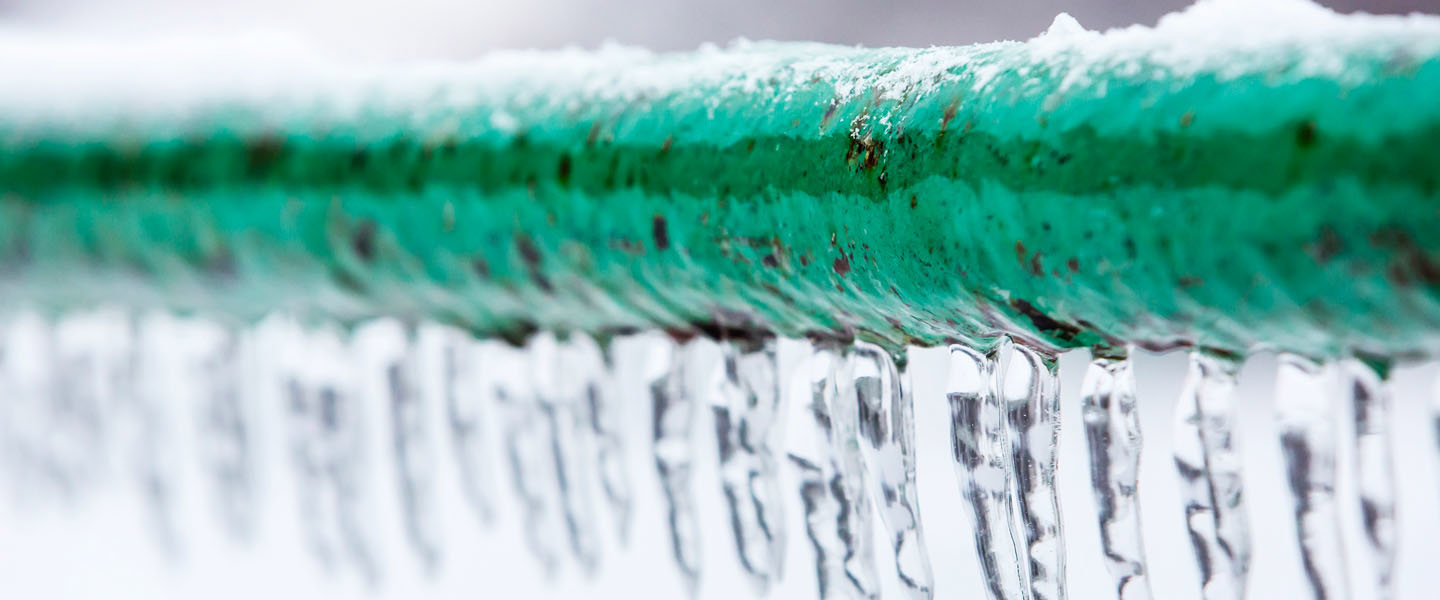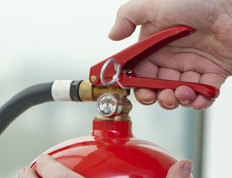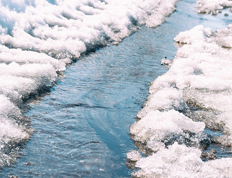As snow and ice melt, they turn back into water that can seep through the roof, walls, doors and windows. Events like these are usually not covered by basic home insurance policies. If required, ask your insurance representative to increase your coverage.
Winter and water damage: are you protected?


Even when temperatures drop below zero, water damage can still happen. In winter, incidents like freezing, accumulated snow weight or heating failures while you’re away can cause serious damage to your property.
Here are a few tips to protect and prepare your home for the cold weather.
Everyday tips
Insulate pipes exposed to the cold
Are certain pipes located in poorly heated or uninsulated areas? Cover them with an insulating sheath to protect them from the cold. What’s more, you’ll prevent the pipes from sweating when temperatures swing, as cold water pipes are prone to do during heat waves.
Drain your outdoor faucets
If you have a newly built home, your outdoor taps may already have antifreezing protection. If that’s not the case, they must be drained and closed before the winter to prevent water from freezing. Close the shut-off valve for each faucet inside your home. Then turn on the outdoor faucet until all the water has been drained. Lastly, turn it off and cover it using a lid or cover to protect it from snow and ice.
Remove snow from your roof
The weight of the snow can damage your roof structure, which could then collapse. If the attic is poorly insulated, snow could also melt due to the heat, then refreeze and clog drains or eavestroughs and impede water drainage. It’s advisable to remove snow from your roof when more than 15 cm have accumulated. To avoid damaging the roofing, leave a thin 5 cm layer of snow. It’s always better to call on a professional to avoid accidents!
Keep the heat on
Even if some rooms are used less often (like the garage or a crawl space), make sure every area with plumbing pipes is adequately heated. Otherwise, water in the pipes could freeze, expand and cause damage.
Are you covered for snow and ice?
If you leave for more than 7 consecutive days
Have someone come by regularly
It’s not enough to set the thermostats before leaving—the heat needs to be working! Ask a person you trust to come by every day to make sure the heat is working. This is a requirement in your home insurance policy in case of damage caused by freezing. It’s better to find out quickly if a circuit breaker has tripped and a room is no longer heated to prevent damage from occurring or getting worse. Alternatively, you can turn off the water and drain all fixtures and appliances before you leave.
Turn off the water and drain the pipes
This precaution is similar to that for outdoor faucets but for your whole home. If there isn’t anyone you trust to come by to check if the heat is working, drain your pipes. Close the main inlet valve, turn on the faucets, flush the toilets and drain the water heater tank until the pipes run dry. Your pipes will be protected from freezing as there will be no water in them.
Add plumbing antifreeze
Even after having completely drained the pipes, it’s likely that some water will remain trapped wherever the pipes bend. Pour plumbing antifreeze into your toilet bowls, sinks, tub and shower drains and on the bottom of your dishwasher and washing machine.
home insurance
prevention
tips
water damage
advice



















